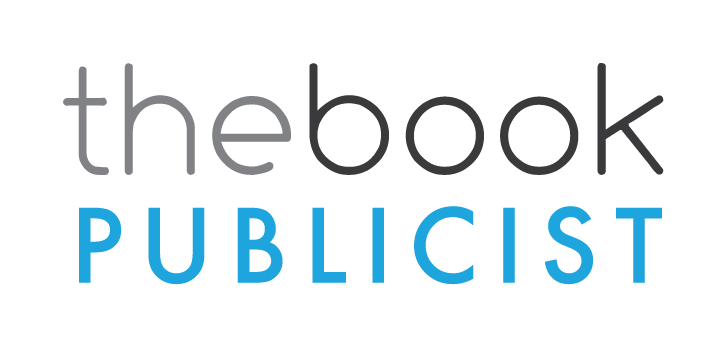Initially commissioned for a 4 week launch campaign by publisher Flint Book, authors Jess & Rod extended the campaign to 12 weeks to make the most of the momentum the PR campaign was having. The Super-Helper Syndrome really resonated with the media and as a result Jess & Rod received coverage in a wide range of lifestyle and business media and on lots of local radio stations and podcasts.
Case Studies > Health & Wellbeing | People, Culture and Management | Personal Development
The Super-Helper Syndrome: A Survival Guide for Compassionate People
Jess Baker and Rod Vincent
Talk to us about this and other case studies today...
The Super-Helper Syndrome: A Survival Guide for Compassionate People
by Jess Baker and Rod Vincent
Super-helpers are better at helping others than they are at looking after themselves. Maybe you’re one of them. Maybe you know someone who is. They are the backbone of the caring professions, giving strength to our schools, clinics, care homes and hospitals. You will also find them in offices, gyms, community groups and charities – everywhere you look — and there’s usually one in every family.
But in their efforts to help wherever they can, Super-helpers typically overstretch themselves. Some face traumatic and distressing situations. In long-term caring relationships they have no time to care for themselves. In professional care roles, they work prolonged hours with inadequate resources.
Deep down, beneath all their care for others, there is something that causes helpers to suffer. It lurks unnoticed. It dwells in the psychology of the helper and compels them to help others to the extent that they don’t look after their own needs. This is super-helper syndrome. Until recently this phenomenon has gone unnoticed and unnamed, but now it has been highlighted by two chartered psychologists, Jess Baker and Rod Vincent.
The Super-Helper Syndrome offers a new perspective on the psychology of helping. It sets out how helping works and why it sometimes goes wrong. It brings to life psychological and neuroscientific research to explain the roots of compassion and empathy. It goes deep into the belief system of helpers and reveals what really motivates them. It illustrates all this with excerpts from a broad spectrum of interviews with paid and unpaid helpers, from ICU nurses to lawyers, volunteers to live-in carers. The book provides activities for the reader to profile and analyse their own helping relationships. It offers support for people who want to adopt a Healthy Helper Mindset, including meeting their own needs, building assertiveness and setting helping boundaries. It guides the reader towards countering the inner critic with mindful self-compassion. It’s only by doing these things that compassionate people can be most effective at helping others.
Campaign Highlights
- The Telegraph
- Woman & Home
- Metro
- Woman & Home, Fit & Well
- Stylist
- Grazia
- Mail Online
- Happiful
- Fabulous magazine
- The Sun online
- Natural Health
- Health & Wellbeing
- The Lady
- Teach Secondary
- Nursing Standard
- BACP Healthcare Journal
- The Psychologist
- The Happy Menopause podcast
- Soldier magazine
- Community Practitioner Magazine
- BBC regional radio
Testimonials
t. 01497 288018
e. info@thebookpublicist.co.uk
The Book Publicist
Cella Pegler Orchard
Dorstone
Herefordshire
HR3 6AW







